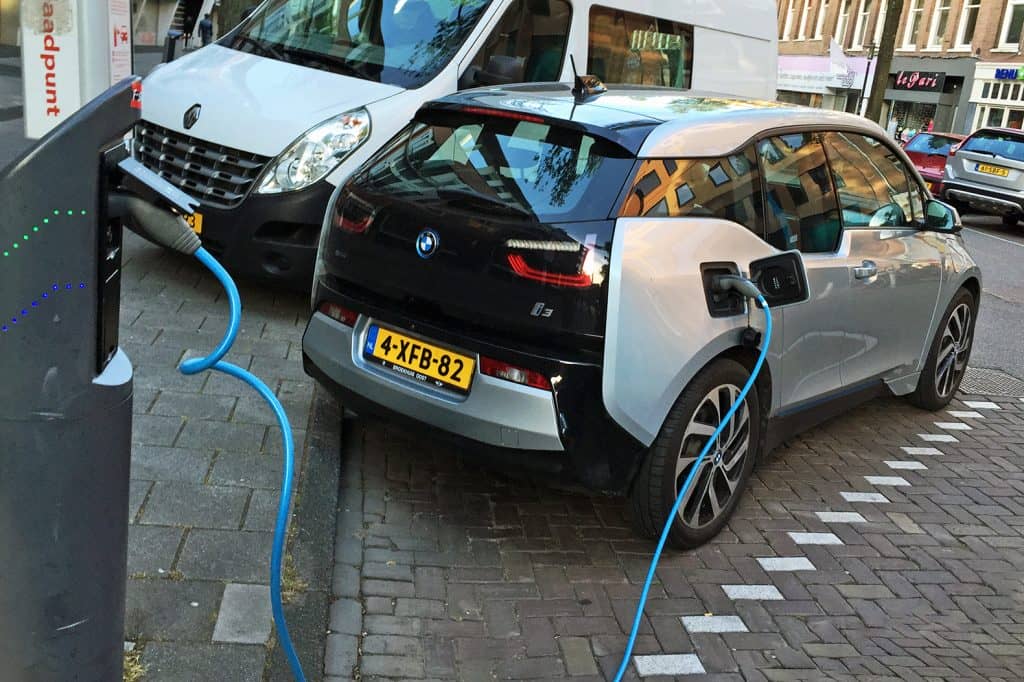Much attention has justly been paid to environmental issues over recent months and years. And many consumers are looking for ways to reduce their impact on the natural world. Perhaps most notably, motorists are looking to electric-powered alternatives when considering a change in vehicle.
But the decision might not be as straightforward as it first appears. While electric cars are markedly more efficient than their gas-guzzling counterparts, many of the environmental costs they impose are hidden. Let’s take a look at some of these costs and see if they make it worth waiting on that new electric car.
The cost of manufacture
Every new vehicle will need to be built. This is not a trivial procedure. It involves the creation of hundreds of specialised parts, and the use of machine-powered factories which consume enormous amounts of energy. Moreover, the raw materials – steel, rubber, glass, paint and plastic – must be extracted, at considerable environmental cost.
If you buy a vehicle that’s already been built, then you can neatly bypass all of this: you’re starting, effectively, from zero. While manufacture might account for just a relatively small proportion of a car’s pollution and greenhouse gas emission, it’s still something to consider – especially if you’re only driving short distances occasionally. Thus, buying a used car in NI can actually be more environmentally friend than buying a brand new electric one.
The cost of disposal
At the same time, every time you buy a new car, you’re effectively consigning an old one to the scrapheap. While much of a road car is recyclable, a sizeable portion (usually made from plastics and batteries) is not – and thus every new car purchase incurs these costs.
Batteries
Of course, in an electric car, you’re getting a much larger battery than the one that comes with the starter motor on your traditional internal-combustion powered vehicle. That means that when it eventually reaches the end of its life, there’ll be an even bigger problem for a landfill site somewhere.
Fuel Costs
Finally, we come to fuel costs, which account for the overwhelming majority of your vehicle’s lifetime environmental impact. The back of a petrol or diesel engine will spew out a stream of carbon monoxide, amongst other toxins. What’s more, burning fossil fuels produces greenhouse gas that contributes to climate change. But it’s not just the act of burning the fuel that’s the problem – there’s also the process of extracting it, refining it, shipping it, storing and dispensing it – which all contributes to environmental destruction. As such, the future for any transport industry which aspires toward greenness is an electric-powered one.

